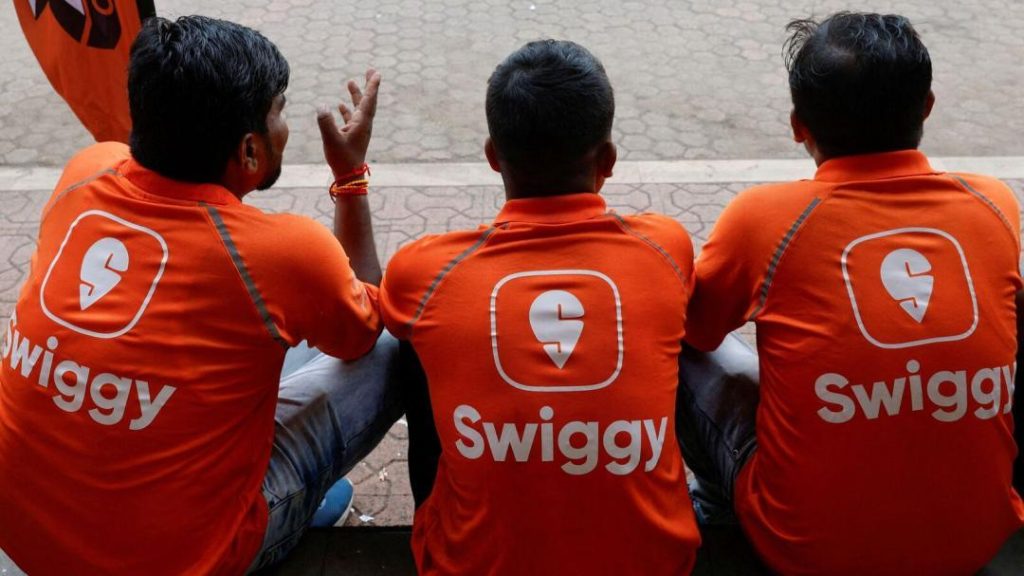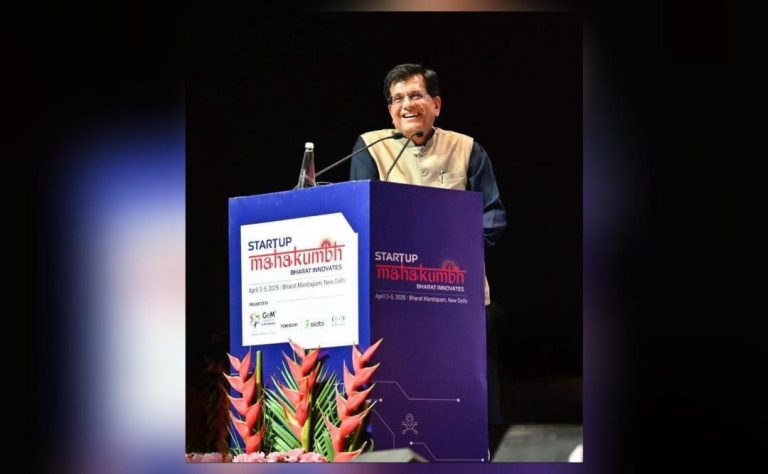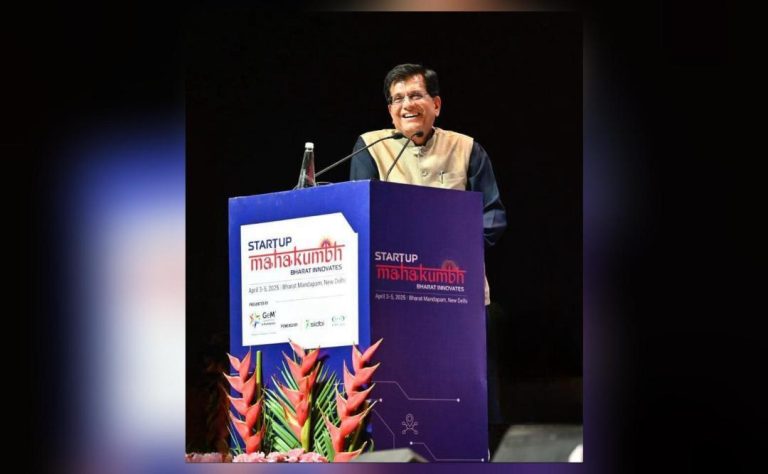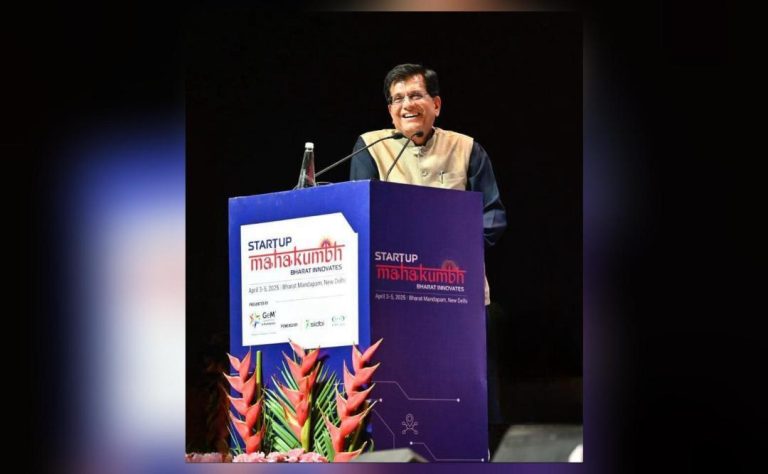
Swiggy Faces ₹158 Crore Tax Demand over Cancellation Fees
In a recent development, Bengaluru-based food delivery giant Swiggy has been slapped with a whopping ₹158 crore tax demand by the Income Tax Department for the financial year 2021-22. The demand pertains to alleged violations related to cancellation charges paid to merchants. Swiggy has announced its intention to appeal against the demand, citing a misunderstanding of tax provisions. This case may set a precedent for how cancellation fees are taxed in the evolving digital economy.
Swiggy, which has been growing rapidly in recent years, has been accused of not properly disclosing the cancellation fees it charges to customers in its invoices. According to reports, the company deducts a certain percentage of the order amount as cancellation fee, which is then paid to merchants. However, the IT department claims that Swiggy has not accounted for these cancellation fees in its tax returns, resulting in a massive tax liability of ₹158 crore.
Swighy has taken to social media to address the issue, stating that the demand is “without merit” and that it plans to appeal against it. The company claims that the demand stems from a misunderstanding of tax provisions and that it has always complied with tax laws. In a statement, Swiggy said, “We are committed to paying our taxes honestly and transparently. The demand is without merit and we will appeal it accordingly.”
Experts suggest that the case may have far-reaching implications for the digital economy. “The way cancellation fees are taxed is a grey area, and this case may set a precedent for the industry,” said a tax expert. “If Swiggy is found to be in violation, it may lead to a re-evaluation of how cancellation fees are taxed in the future.”
The IT department’s move to slap a huge tax demand on Swiggy is seen as a crackdown on tax evasion in the e-commerce sector. The department has been cracking down on e-commerce companies that fail to comply with tax laws, and this demand is seen as a warning to other companies in the sector.
Swiggy’s cancellation fee policy has been a subject of controversy in the past. The company charges a certain percentage of the order amount as cancellation fee, which is then deducted from the merchant’s earnings. This has led to criticism from merchants who claim that the fee is too high and that it eats into their profits.
In response to the criticism, Swiggy has claimed that the cancellation fee is necessary to prevent last-minute cancellations and to ensure that merchants are not left with unsold inventory. However, critics argue that the fee is unfair and that it discriminates against merchants who cannot afford to absorb the loss.
The IT department’s demand on Swiggy may also have implications for other e-commerce companies in the sector. If Swiggy is found to be in violation, it may lead to a re-evaluation of how cancellation fees are taxed in the future. This could result in other companies being slapped with similar demands, which could have a significant impact on their finances.
In conclusion, the tax demand on Swiggy is a significant development in the e-commerce sector. The case may set a precedent for how cancellation fees are taxed in the future, and it highlights the importance of compliance with tax laws. As the digital economy continues to evolve, it is essential that companies like Swiggy and others in the sector are transparent and honest in their tax reporting.
Source:
https://ascendants.in/industry_events/swiggy-rs-158-crore-tax-demand/






